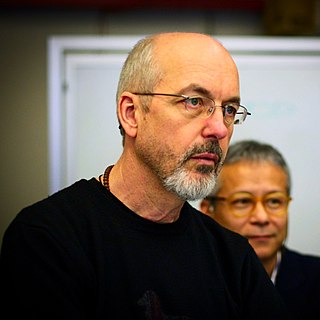A Quote by Anna Wintour
Print publications have to be as luxurious an experience as possible. You have to feel it coming off the page. You have to see photographs and pieces that you couldn't possibly see anywhere else.
Related Quotes
Africa - You can see a sunset and believe you have witnessed the Hand of God. You watch the slope lope of a lioness and forget to breathe. You marvel at the tripod of a giraffe bent to water. In Africa, there are iridescent blues on the wings of birds that you do not see anywhere else in nature. In Africa, in the midday heart, you can see blisters in the atmosphere. When you are in Africa, you feel primordial, rocked in the cradle of the world.
My first pieces, in an art context, were ways to get myself off the page and into real space. These photographic pieces were ways to, literally, throw myself into my environment. They were photographs not of an activity, but through an activity; the activity (once I planted a camera in the instrument of that activity - once I, simply, held a camera in my hands) could produce a picture.
A good print is really essential. I want to take strong documentary photographs that are as good technically as any of the best technical photographs, and as creative as any of the best fine-art photographs. [...] I don't want to just be a photo essayist; I'm more interested in single images...ones that I feel are good enough to stand on their own.



































